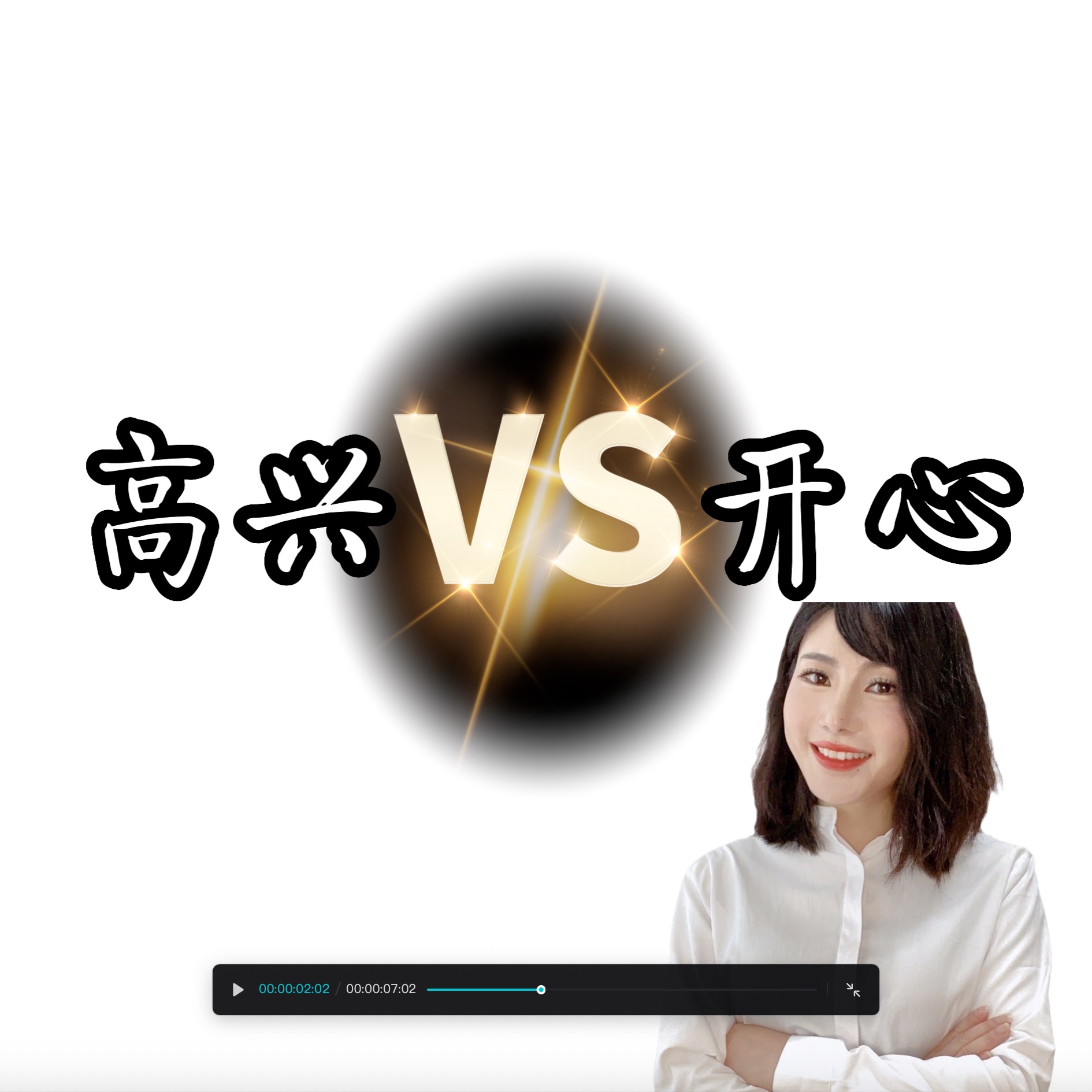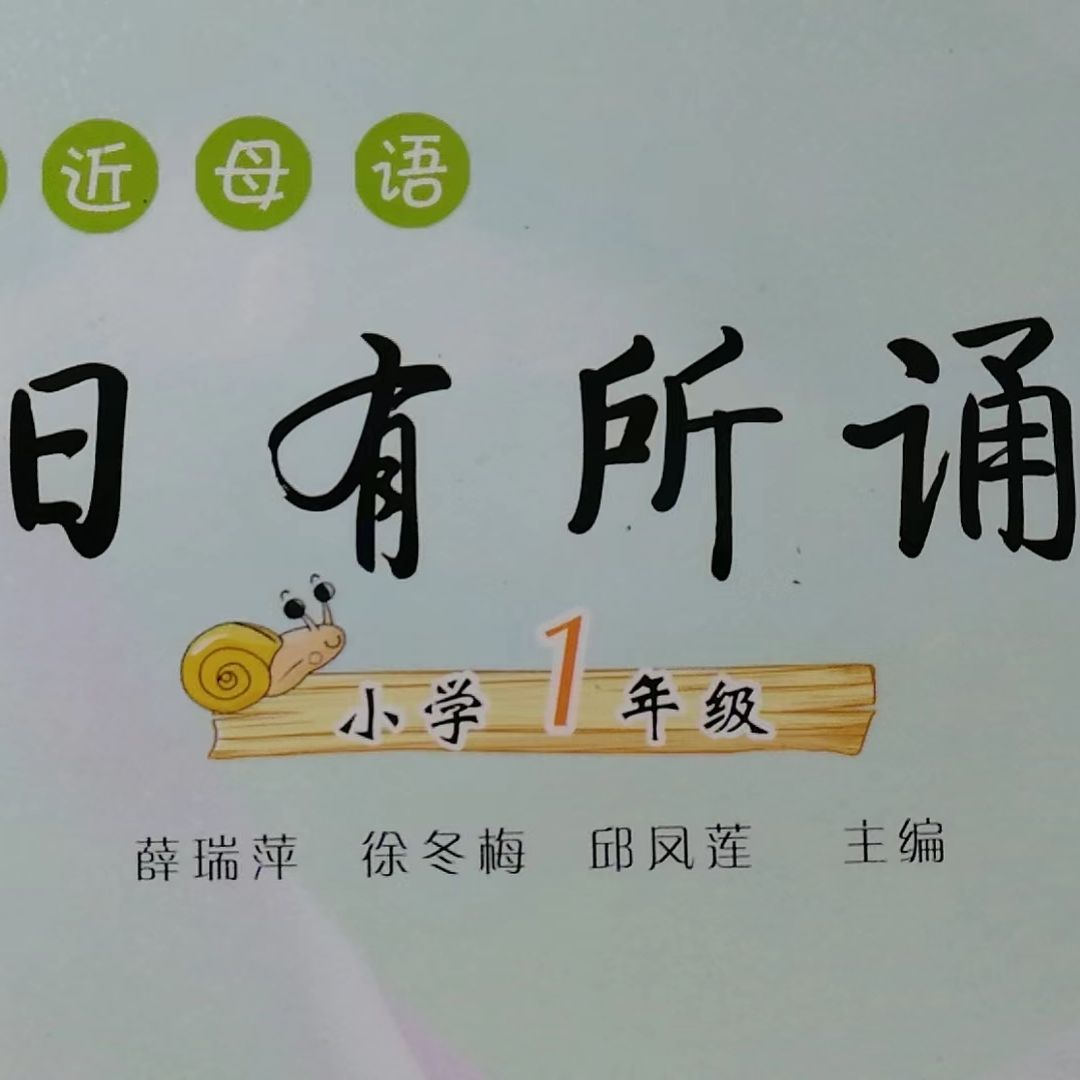
想 (xiǎng) VS 要 (yào)
Descrição
想 (xiǎng) and 要 (yào) are both verbs in Chinese that can be translated as "want" in English, but they are used in different contexts and convey slightly different meanings.
想 (xiǎng) is used to express a desire or inclination, often accompanied by a feeling or emotion. It can be translated as "to think" or "to wish" in English. For example:
我想去旅游。 (Wǒ xiǎng qù lǚyóu.)
I want to go traveling.
他想学游泳。 (Tā xiǎng xué yóuyǒng.)
He wants to learn how to swim.
要 (yào) is used to express a strong desire or intention, often with the idea of taking action to achieve a goal. It can be translated as "to want" or "to need" in English. For example:
我要一杯咖啡。 (Wǒ yào yī bēi kāfēi.)
I want a cup of coffee.
他要买一辆新车。 (Tā yào mǎi yī liàng xīn chē.)
He wants to buy a new car.
Note that in some contexts, 想 (xiǎng) and 要 (yào) can be used interchangeably, especially in spoken Chinese. In this case, the choice of word may depend on the speaker's style or emphasis.
Canal de Podcast
Difference between A and B in Chinese with Shanmei
Autor
Todos os episódios

大小多少

Lesson 3 text 1

Juan Salvador Gaviota

古典智慧拾贝 - 《中庸》第一集

IELTS INSIGHTS READING T-F-NG

EP.27 那些年我們經歷過的室友

Introduction---the secret of learning Chinese

How the Dove became the Symbol of Peace
Episódios populares

Read Rhymes With Shirley
大小多少

HSK Standard Course Level 1 Audio of the textbook
Lesson 3 text 1

Conversando en Español sin Miedo. Hablemos de todo un poco.
Juan Salvador Gaviota

Wisdom From the Past 古典智慧拾贝
古典智慧拾贝 - 《中庸》第一集

IELTS Insights📚📝
IELTS INSIGHTS READING T-F-NG

夠鐘煲粥 Congee Time
EP.27 那些年我們經歷過的室友

HSK2
Introduction---the secret of learning Chinese

The Social Evolutionary
How the Dove became the Symbol of Peace